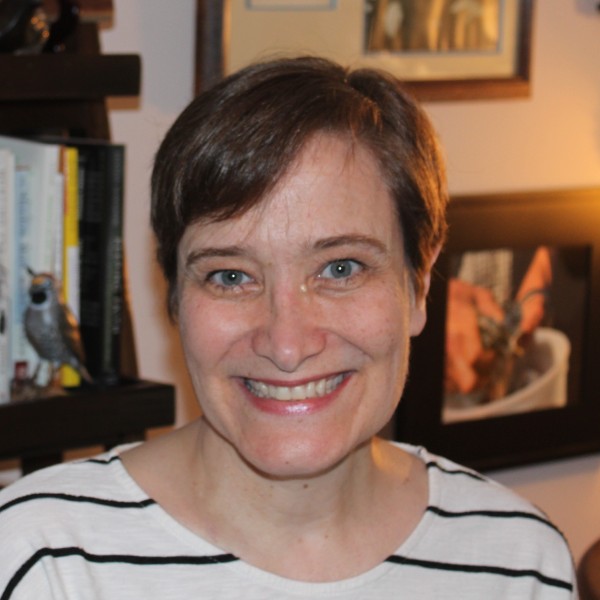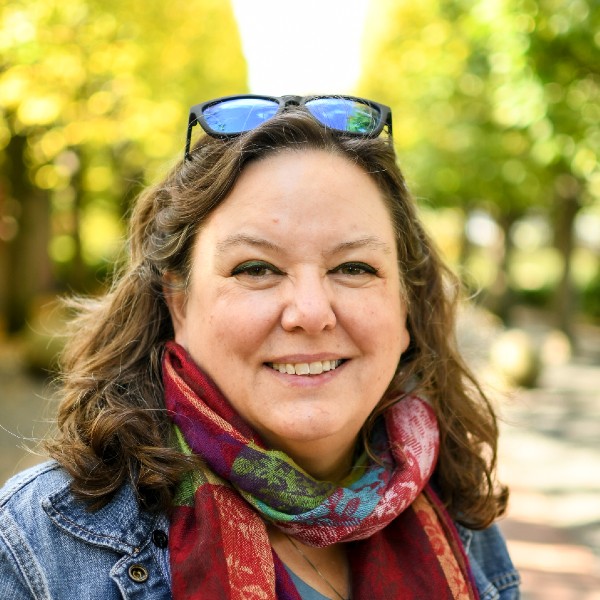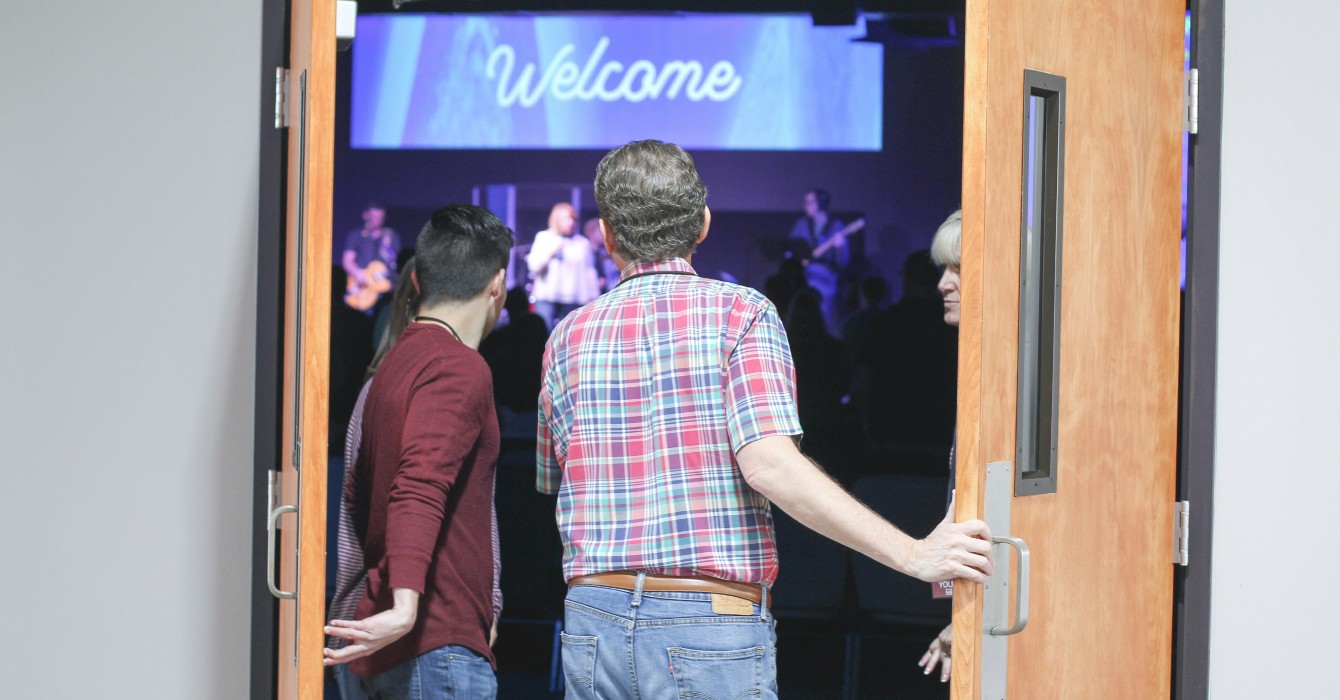Churches messily explored myriad expressions of spirituality before COVID-19 shut down the globe, with Bishop Mark Dyer’s image of a giant yard sale permeating discussions about “emerging Christianity.” When many faith communities entered a season of shelter-in-place, changes and transitions accelerated.
We — Elizabeth and Melissa — met in October 2021 at a clergy conference in southern Virginia that evoked the Benedictine rule of life to help clergy reconnect with meaning while continuing to minister during the pandemic.
We bonded over Elizabeth’s article “My Church Doesn’t Know What to Do Anymore,” which was published the second day of the conference. In the days that followed, we shared with each other how many clergy had responded to us about the article saying, “Me too!” We decided to continue the conversation that the essay had opened for us.
Elizabeth had named a beast. Naming shifts power. When we name something that scares us, we start by grappling with the cause of our fear. We constantly hear the urging “Do not fear” in Scripture — from Genesis to Isaiah to the angel Gabriel — but that doesn’t mean there isn’t anything to fear.
The pandemic has reminded us that we live in the existential: death is near. Whether the pandemic takes a loved one, a job, a way of life, or our experience of church and its seasonal rituals, we freeze in place and forget how to be together.
For better or worse, we still largely live behind screens right now. In doing so, we have become more transactional: point, click, field special requests, wait. Behind our screens, our minds operate on fight, flight, freeze, appease. Doomscrolling becomes our default strategy to watch out for predators.
We forget that life is lived in chapters. We forget that we are part of a much larger picture. We forget how grand the story is.
We are in the process of co-creating our next normal. Our nature compels us to continue forward motion, planned or unplanned. We do this without having language or words: we only know we are doing what we do.
Elizabeth named her internal experience. As she moved forward, wrestling with how to anticipate what the next chapter would look like with all the unknowns, she wrangled words into position to name the path and the obstacles.
Sometimes when we name a beast, we see it clearly, and fear swells. With a prolonged stress response, we experience a loss of resilience and neuroplasticity. And when this experience is paired with online living, our perception narrows and clouds, and our ability to be creative when envisioning the future evaporates. Our curiosity crumbles.
Some are afraid that church is going to end on our watch. No, as Melissa said in that conference — but it is going to change on our watch.
Moving worship online was a hard choice that we hoped would be brief. We lost so much. Those of us who lead churches, whether as clergy or as laity, wander in the wilderness with those in our care, seeking language to describe what we’re going through as we wonder what lies ahead.
Our natural stress responses serve to protect us while we are on high alert for danger. Creativity, faith and recognition of mystery are difficult to experience when the psyche is held hostage by our trauma responses. But our most primal strategy to manage our fear response is to be in communion with each other.
When we are together, our nervous systems sync up and we attune ourselves, unconsciously but powerfully, to each other. When we are in the pews together, we create an unspoken, deep connection with each other that eases fear and entertains hope, respite and creativity, in good times as well as in difficult ones. When we connect and our fears ease, we can begin to reengage with contemplation.
Contemplative engagement means that instead of fight, flight, freeze or appease, we turn to our Trinitarian tradition and collectively take a breath. Shortness of breath is one symptom of COVID, and breath is also one of the names of the Holy Spirit. Taking a breath creates room for the Spirit, for engagement, for listening.
Both of us love the story of the call of the prophet Samuel. Three times the Lord called to the boy Samuel, and three times Samuel rushed to Eli’s side, thinking Eli was the one calling him. Twice Eli simply sent Samuel back to bed — before realizing it must be the Lord calling. The third time, Eli instructed Samuel to lie back down, attentive for another call, and then say, “Speak, Lord, for your servant is listening.”
As a psychologist and a priest, we both have experience in listening, but our experience in trusting the Spirit is unequal. Elizabeth enjoys leading an exercise at retreats asking participants which person of the Trinity they are most drawn to, and why. For Elizabeth, it’s always been the Father. Melissa, however, favors the Spirit.
We know that the Holy Spirit is present when we have an effervescent feeling that something is about to happen, is happening, but we don’t know what it is. We can feel fear as we approach or are approached by the energy that holds destruction and creation in its being.
Right now, we have limited language and vision for what we are experiencing, what is being transitioned and created. We live in full forward motion and can comprehend what happened to us and how we have been changed only when we have enough perspective to review. We aren’t there yet.
When we quote Julian of Norwich’s saying “All shall be well, and all manner of thing shall be well,” we believe that an outcome will resolve things. Everything’s going to be all right, but we might have to change the definition of what “all right” is. This path is one that holds healing and the Holy Spirit.
The Spirit flows through this conversation. We can’t harness her, as harnessing implies control. As much as we long for control, we aren’t in control right now. Right now we can grab onto her robe and hold on. Some things might get knocked over and even break as the Spirit is ineffably present, and some of those things might be important to us.
Inhale and hold on.








